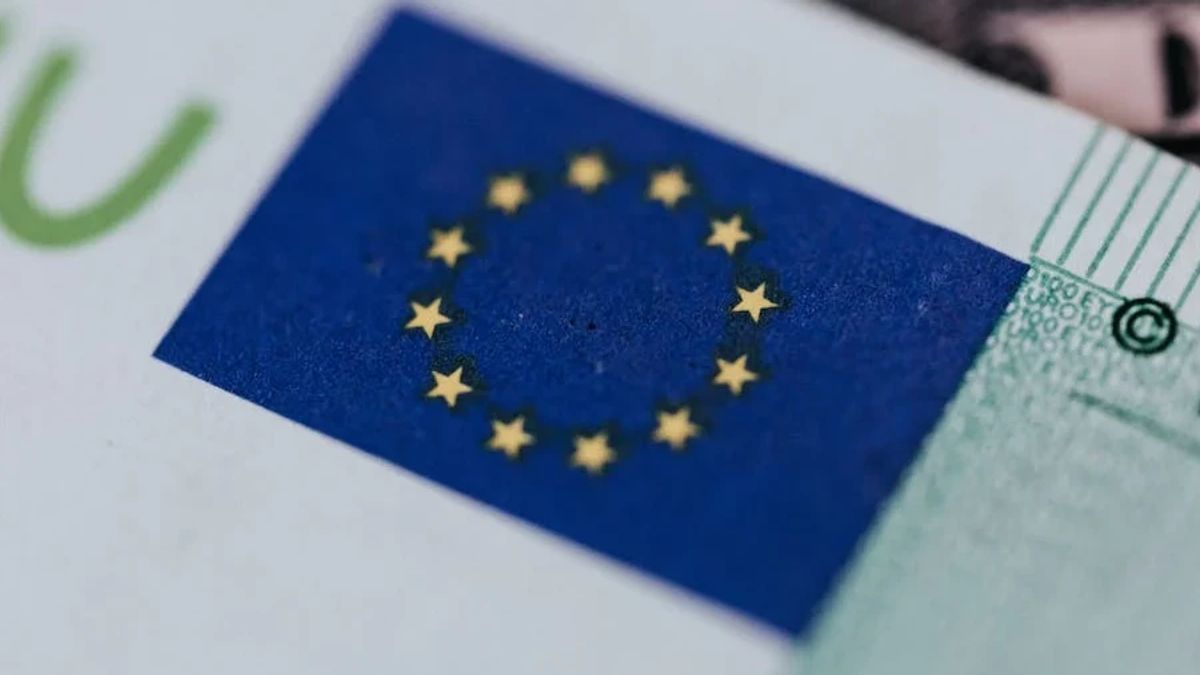JAKARTA - The European Union is scheduled to announce a draft rule on Wednesday, June 28 which provides legal basis for digital euros, if the European Central Bank (ECB) decides to issue it in the coming years.
Central banks around the world, from China and Japan to Brazil, the United Kingdom and Canada, are looking for digital versions of their currencies to avoid gaps in faster payments the private sector will fill as the use of cash is decreasing.
"This concerns the desired balance between central bank money and private digital payment facilities," according to a draft European Commission proposal seen by Reuters.
It is estimated that the ECB will decide in October whether to continue with digital euros for retail usage such as payments starting early 2026, as a complement to cash. However, before that, digital currencies must have legal support in the European Union to support its acceptance and use.
In the draft EU proposal, which can still undergo changes before publication, it is stated that the benefits of digital euros will exceed the cost and that the costs of not issuing digital euros could potentially be huge.
The digital version of the euro zone single currency will be a "legitimate payment tool", meaning it should be accepted as a form of payment, the draft states.
It will support a stronger, faster, and more competitive retail payment market, has a high level of privacy, but is not "programmable", meaning its use is limited to certain goods or services, the proposal said.
Initially, digital euros would only be available to residents living in the euro region and visitors.
Credit rating agency Moody's said in May that digital euros would reduce Europe's dependence on non-EU payment companies such as Mastercard and Visa, which have long been the strategic desire of EU policymakers.
Banks fear they will be marginalized if people switch deposits, major funding sources, to digital euros.
The proposed rules give the ECB the power to limit the amount of money that individuals can save digitally, with a limit of 3,000 to 4,000 euros already in place.
The proposal requires support from EU countries and the European Parliament to become laws, with changes that are usually made during the approval process.
The English, Chinese, Japanese, Arabic, and French versions are automatically generated by the AI. So there may still be inaccuracies in translating, please always see Indonesian as our main language. (system supported by DigitalSiber.id)













